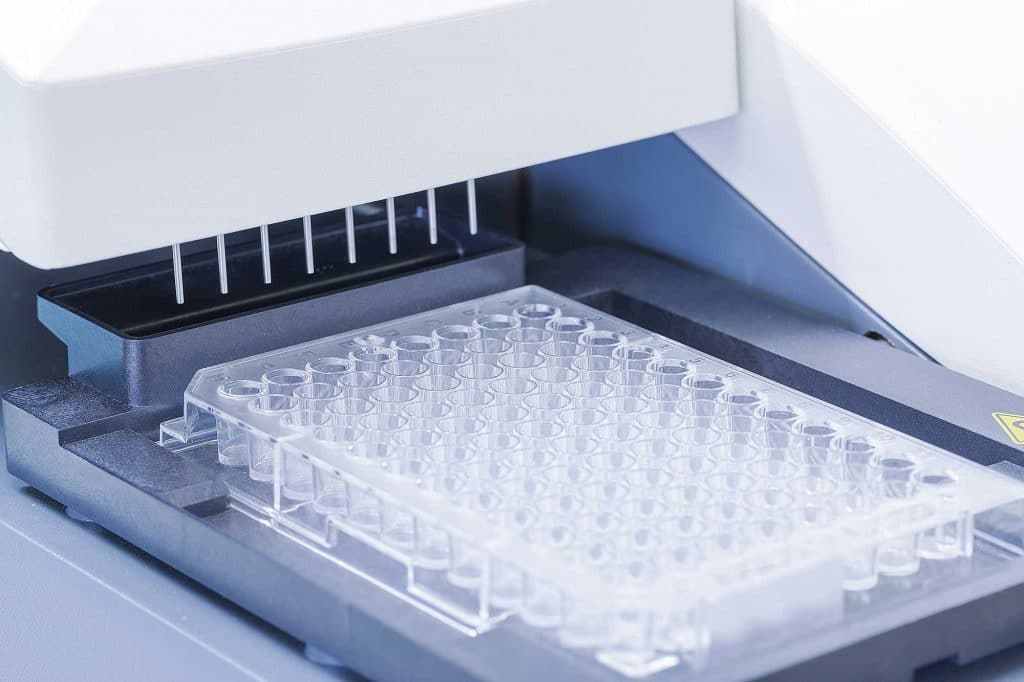London UK, April 24, 2019: LifeArc, one of the UK’s leading medical research charities, has signed a deal to collaborate with the University of Kent on an ion channel drug discovery programme. Small molecule modulators, optimised as part of the programme, could be capable of affecting the sensitivity of neurons and of showing efficacy in treating chronic pain.
Through the work of Professor Alistair Mathie and Dr Emma Veale, The University of Kent has developed considerable expertise in the characterisation of potassium ion channels. The TREK-2 ion channel is a potential target for drugs intended to reduce the sensation of pain.
LifeArc will conduct target validation, high throughput screening (HTS) and will further develop any ‘hits’ identified through that screening. Both parties estimate that a minimum of two to three years’ work will be required before any small-molecule candidates are ready to enter clinical development.
Commenting on the announcement, Dr Justin Bryans, LifeArc’s Executive Director, Drug Discovery, said: “This collaboration is another opportunity for LifeArc to deploy its growing expertise in exploiting the potential of two-pore potassium channels (K2P). We have already licensed therapeutic candidates for onward clinical development, related to other potassium channels, to commercial pharmaceutical partners.”
Professor Alistair Mathie, Professor of Pharmacology and Cell Biology at the University of Kent said: “Following our characterisation of a potential target for new pain therapies, LifeArc will help us to develop small molecule drug candidates. We hope this will lead to an effective new class of pain medicine for patients.”
For media enquiries please contact:
LifeArc
Janet Morgan
Head of Corporate Affairs
Tel: 020 7391 2810
janet.morgan@lifearc.org
University of Kent
Martin Herrema
University of Kent Press Office
Tel: 01227 816768
m.j.herrema@kent.ac.uk


